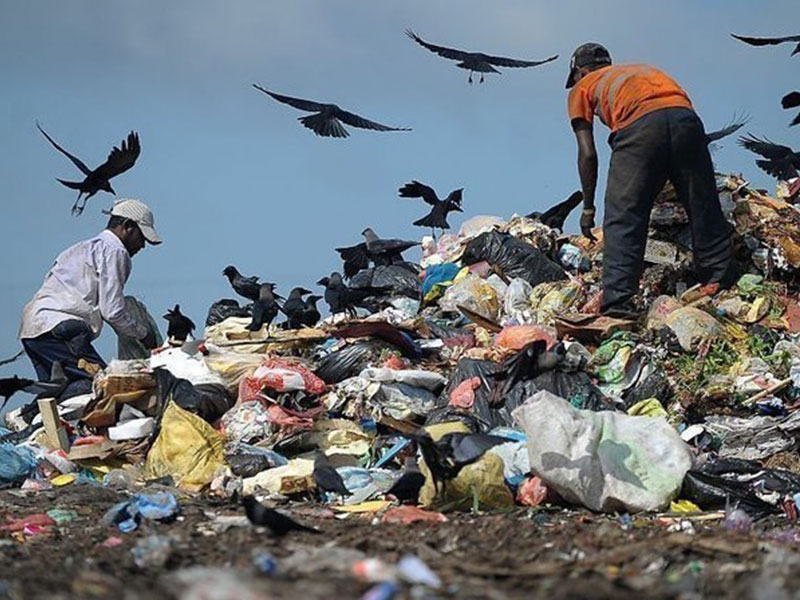The widespread use of plastics in Sri Lanka began in the late 1970s when the country opened its economy.
Plastic was seen as a cheap, lightweight, and attractive alternative to traditional materials like wood and metal.
However, the authorities failed to educate the public about the environmental impact of plastics. As a result, plastic pollution became a major problem in Sri Lanka.
One of the most significant failings of the authorities was their failure to ban the use of microbeads in personal care products.
Microbeads are tiny plastic beads that are often found in face washes, scrubs, and toothpaste. They are too small to be filtered out of wastewater treatment plants, and they eventually end up in the environment.
Microbeads have been found in marine animals, and they are believed to be harmful to human health.
Another major failing of the authorities was their failure to implement a national recycling program. Recycling is one of the most effective ways to reduce plastic pollution.
However, Sri Lanka does not have a national recycling program, and only a small percentage of plastic waste is recycled.
The authorities have also failed to invest in waste management infrastructure. This has led to a situation where much of Sri Lanka’s plastic waste ends up in landfills or in the environment.
Landfills are not designed to handle plastic waste, and it can leach into the soil and groundwater. Plastic waste that ends up in the environment can pollute waterways and harm wildlife.
Finally, the authorities have failed to enforce existing environmental regulations. This has allowed businesses to continue to pollute the environment with plastic waste without fear of punishment.
The failings of the authorities have contributed to the widespread problem of plastic pollution in Sri Lanka. The government needs to take urgent action to address this issue.
This includes banning the use of microbeads in personal care products, implementing a national recycling program, investing in waste management infrastructure, and enforcing existing environmental regulations.







